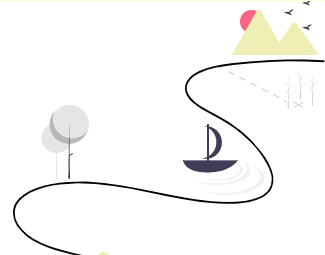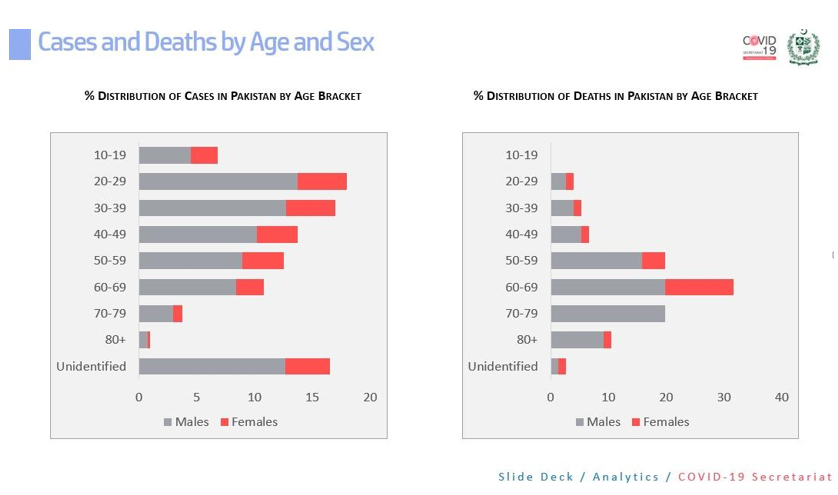Pakistan is a country in south Asia situated at the western end of the great Indo-Gangetic Plain. The area of Pakistan is 800,000 km2 with the population of 180 million. The capital is Islamabad. The Pakistan Academy of Sciences is the Governing Board Member of ANSO.
Pakistan is outbreak now, hard time still has to come. At least 10% increase per day.
2. The Future Situation
Terrible time is ahead. We are worried for a difficult, that yet has to come. Lock down is not effective and people are poor, they need food.
3. National/ Local Policy to Mitigate the Pandemic
Lock down, extensive diagnosis and financial help to the poor. Awareness campaign on local media
4. Lessons Learned
1) Science-led preparedness
WHO
comprehensive planning guide for COVID-19 that countries can use to be as ready as possible. Prevention is better than cure - we must learn to listen to science
2) Act quickly, following the science
3) Test, test, test early and often
Availability of testing is further confounded by affordability. Like citizenship, the virus doesn’t care about your wallet.
4) Think globally, act locally: Global threats need global collaboration
For a global pandemic, we need a global response. Even if localities are given
clearer guidance, and that has yet to happen, they can’t solve it, we as a nation can’t solve it alone.
5) Counter misinformation
There is a flood of information on COVID-19 just now. But misinformation is unfortunately a big part of the problem we face in confronting the pandemic.
6) Being inclusive is not just about fairness, it is life and death
Whatever measures we can take to slow the spread of the virus, stop its resurgence, treat the sick, and get our nation back on its feet must include everyone – young, old, rich, poor, employed, unemployed, hourly worker, CEO, white collar, blue collar, documented, undocumented. None of that matters to the virus and therefore to stopping it.
7) Stay strong: The pivotal role of the private sector
This is a scary and uncertain time. People will fall ill, the economy will slow, and our systems will hopefully not be strained beyond capacity.
8) Human history and natural history can no longer be separated – human health and the health of the planet go together: “Mother nature is striking back, and humans are caught on their back feet.”
5. Concerns of the Government and the People
Main concern is that people don’t follow strict guidelines of locked down, hence they interact and disease is spreading. Secondly, the people are poor they need jobs, and of course our healthcare system is that strong to bear burden, like ventilators, diagnostic facilities etc
6. Advices from Experts
Main advice is complete lock down but the govt can’t afford and doing partial lock down. Secondly, we don’t have capacity of testing the whole population and until that we can’t have the clear picture.
7. Knowledge and Capacity Gaps
We don’t know what will be the trend in next few weeks and hence can plan for capacity in hospitals, doctors etc. Our health workers don’t have protective equipment and are getting infested; resources shortage to feed poor; and diagnosis are poor; people habits of not obeying lock down etc. We need testing kits, ventilators, protective kits for doctors and for the general public.
8. Ideas, Suggestions and Comments on the Collaboration
We can share lessons learnt from each country. E.g., China’s way of treatment and diagnosis; Open science to share knowledge and science; material exchange (Protective kits, medicine, knowledge etc.). To approach these ideas, we may have online meetings etc. We can debate scientific origin to mitigate rumors about origin etc. and to combat other propagandas on social media.
9. Other Important Issues
1) Covid19 and Open Science
In this we can discuss as to how we member countries should share data through ANSO for any progress that our researchers make. This will enable us to produce some tangible result in: a) Diagnosis, b) Therapeutics and Vaccine
2) Steps Afoot to Avoid Educational Loss of Students amidst Corona Crisis
Lessons learnt from different member countries can be shared and utilized.
3) RAPID Research & Innovation Initiative (RRII)
While inviting research project, we may offer a fast track research projects among member countries addressing issues of pandemics.
4) Opportunities among member countries to join hands in addressing the current problem
Acknowledgement: This report is submitted by Prof. Zabta Shinwari from the Pakistan Academy Of Sciences.

